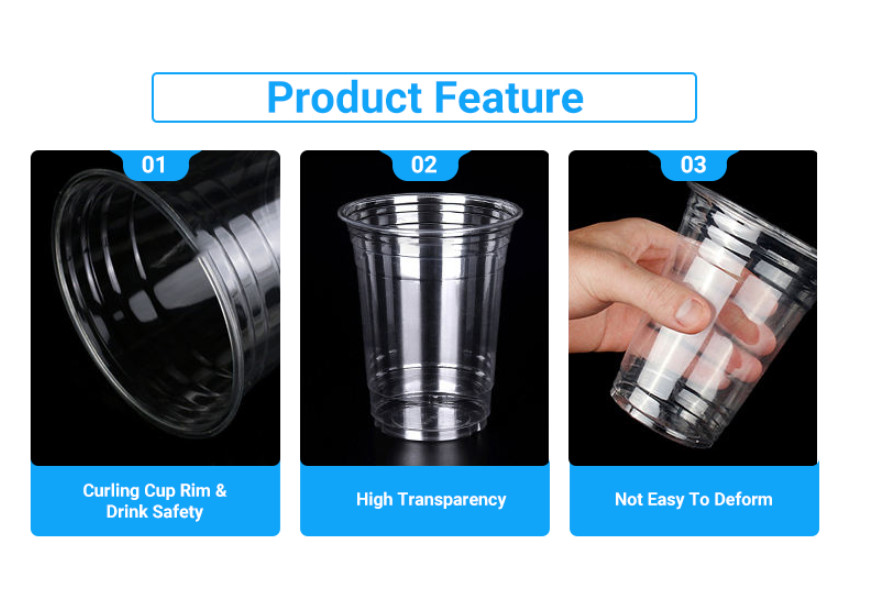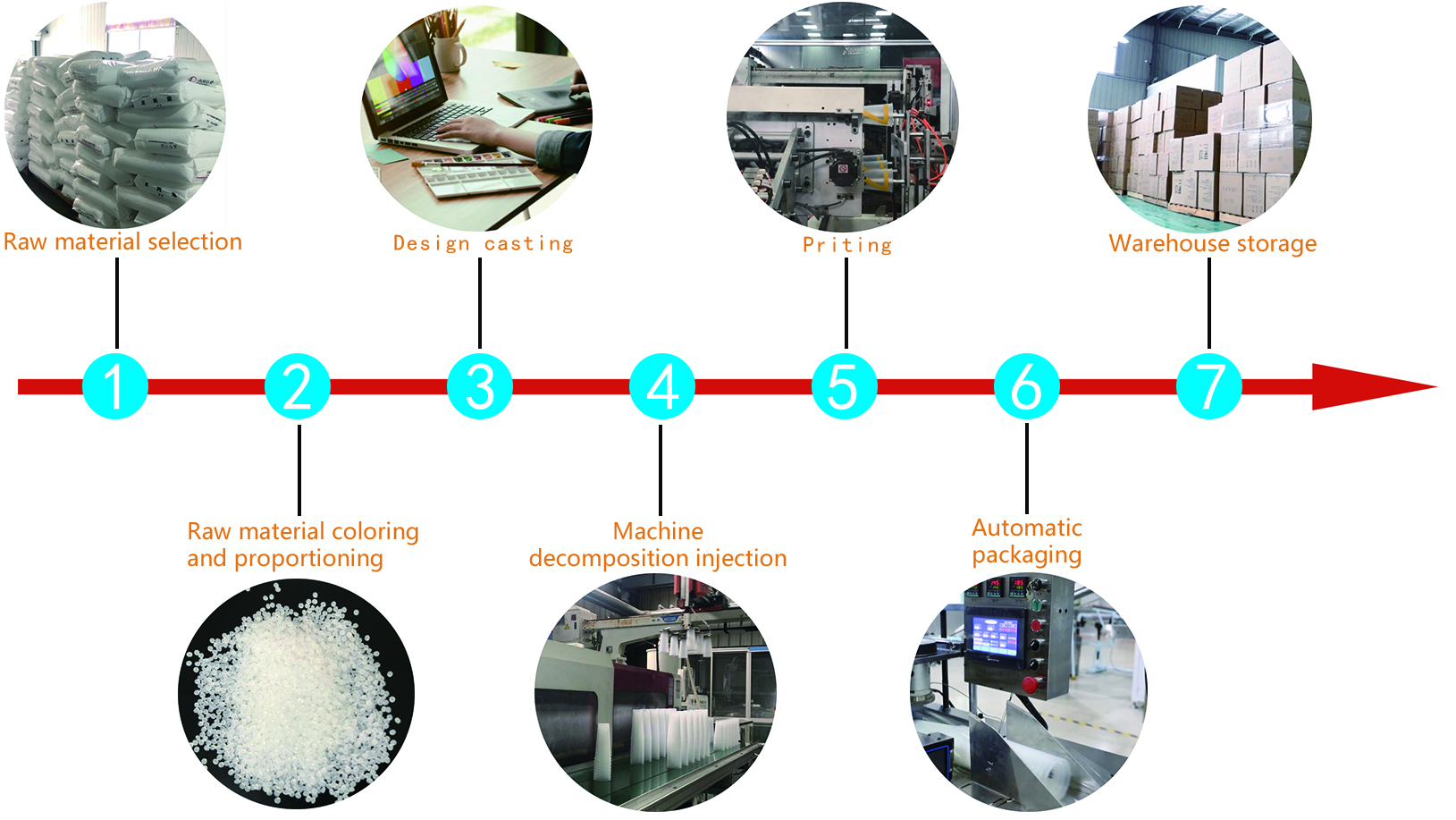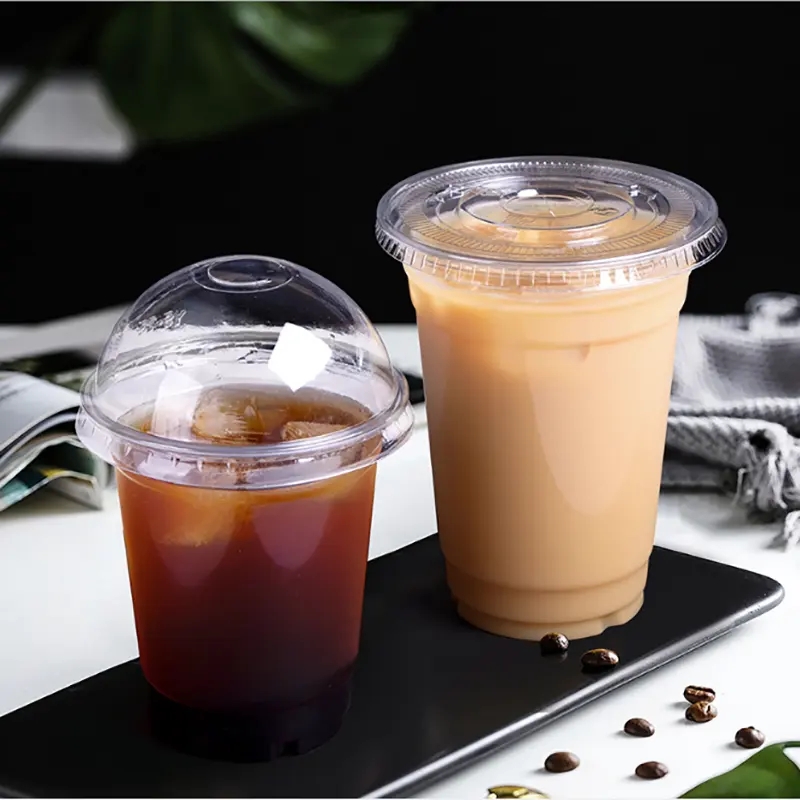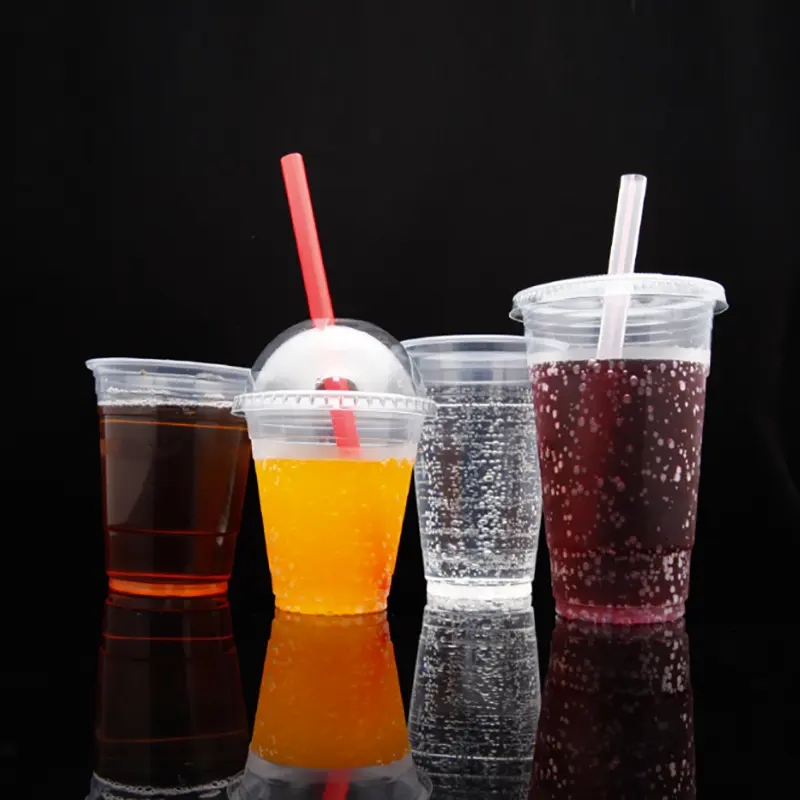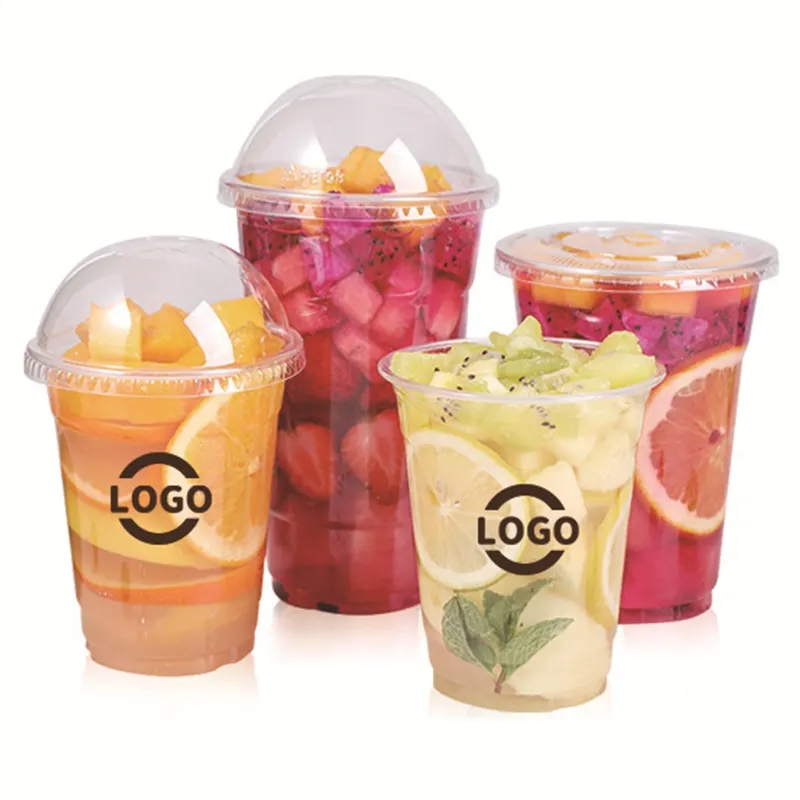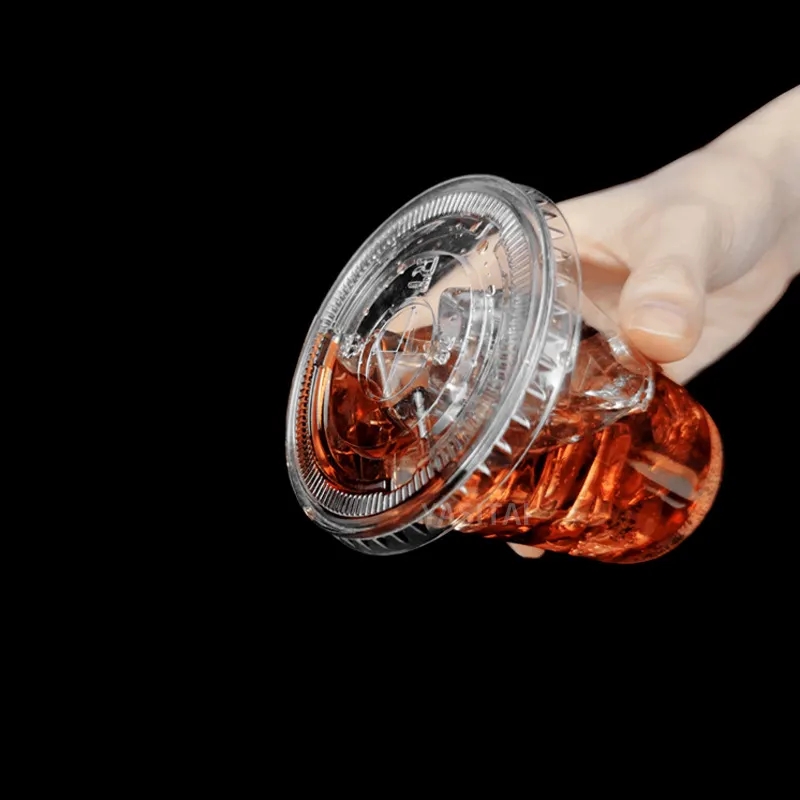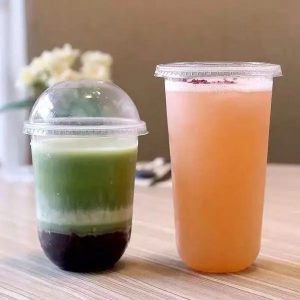The Evolution of Plastic Coffee Cups: A Journey Towards Sustainability
Introduction:
The journey of plastic coffee cups has been marked by significant shifts in consumer values and environmental consciousness. From their early days as disposable convenience items to their current state as symbols of sustainability, these cups have undergone a remarkable evolution. In this article, we will explore the transformative path that plastic coffee cups have taken, driven by the pursuit of a more sustainable and eco-friendly future.
1. The Rise of Single-Use Convenience:
Plastic coffee cups burst onto the scene as a convenient and disposable solution for coffee lovers. Their lightweight design and low cost made them a popular choice for cafes, events, and on-the-go coffee consumption. However, their single-use nature led to concerns about mounting plastic waste and its impact on the environment.
2. A Wake-Up Call for Sustainability:
The growing awareness of plastic pollution and its devastating effects on ecosystems prompted a wake-up call for the coffee industry. Environmental activists, concerned citizens, and forward-thinking businesses began advocating for sustainable alternatives. This pivotal moment sparked a transformation in the design and production of plastic coffee cups.
3. Eco-Friendly Materials and Recycling Initiatives:
To address the plastic waste issue, manufacturers turned towards eco-friendly materials and recycling initiatives. Many plastic coffee cups are now made from recycled plastics, reducing their carbon footprint and conserving resources. Furthermore, innovative recycling technologies have emerged, allowing for the creation of new cups from post-consumer plastics, promoting a circular economy approach.
4. Biodegradable and Compostable Solutions:
Perhaps one of the most significant advancements in plastic coffee cups has been the development of biodegradable and compostable solutions. Bio-based plastics made from renewable resources like corn or sugarcane are gaining popularity as they break down naturally, leaving no harmful residues behind. These cups offer a sustainable alternative to their conventional counterparts without compromising on convenience or functionality.
5. Reusable Revolution:
The quest for sustainability has culminated in the rise of reusable plastic coffee cups. These durable and stylish cups have captured the hearts of eco-conscious consumers. By encouraging the use of reusable cups, coffee establishments and individuals alike contribute to reducing single-use plastic waste and fostering a culture of environmental responsibility.
6. Embracing Conscious Consumerism:
As consumers increasingly embrace conscious consumerism, businesses have responded by adopting more sustainable practices. Cafes and coffee chains are offering discounts to customers who bring their reusable cups, promoting the use of eco-friendly options. Moreover, businesses are actively engaging in initiatives to reduce their environmental impact and promote responsible coffee consumption.
Conclusion:
The evolution of plastic coffee cups showcases a remarkable journey from single-use convenience to a sustainable and eco-friendly future. Through the use of recycled materials, biodegradable solutions, and the adoption of reusable cups, these vessels have embraced a more responsible approach. This transformation is a testament to the power of consumer values and collective efforts in driving positive change. As we continue to seek innovative solutions and adopt conscious choices, plastic coffee cups will play a pivotal role in shaping a greener and more sustainable coffee culture for generations to come.



